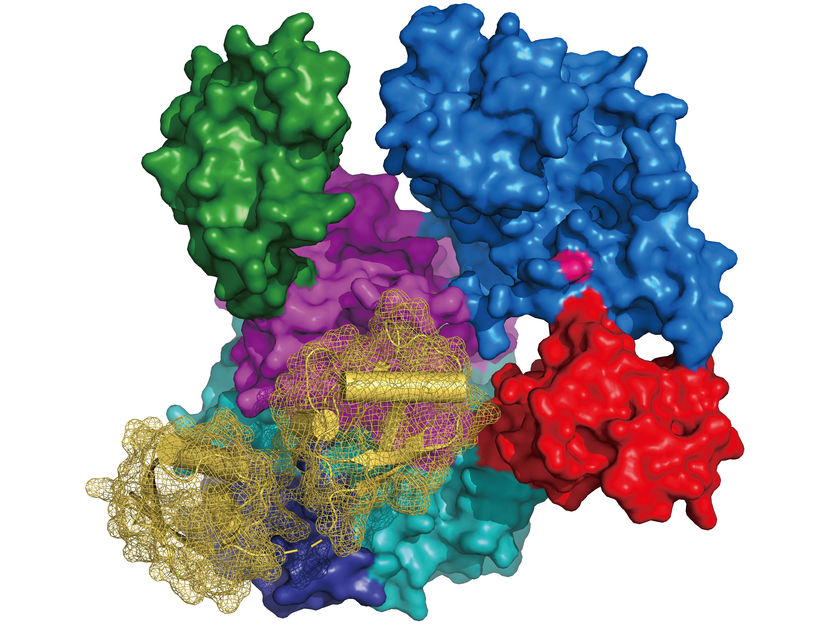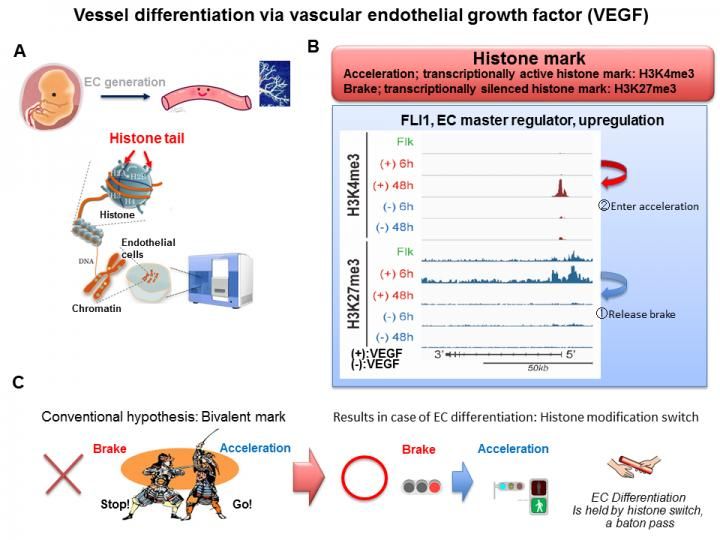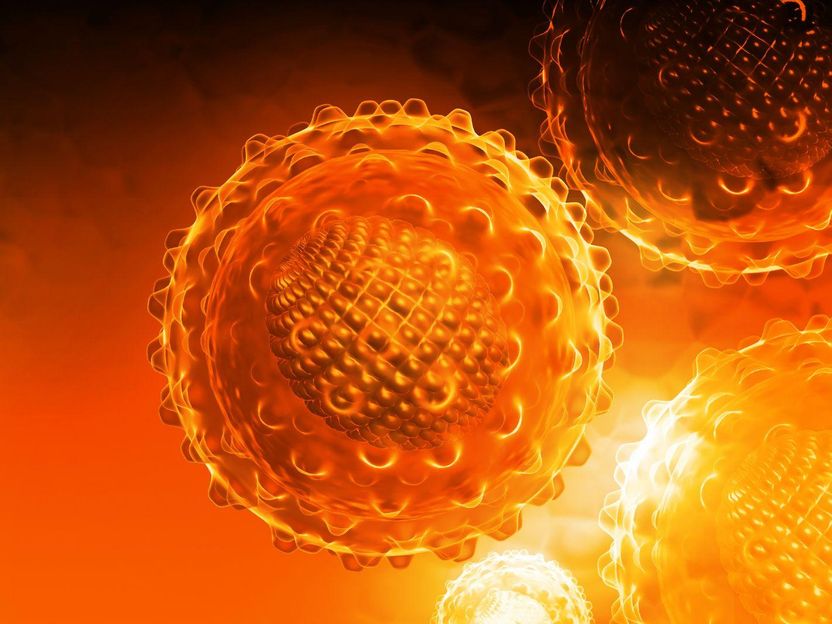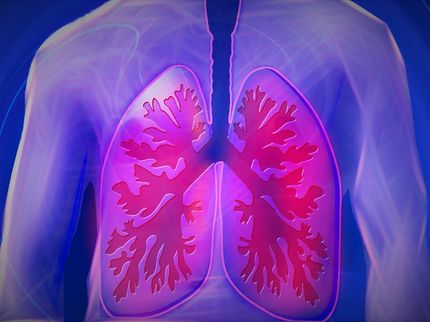Study points to key genetic driver of severe allergic asthma
Scientists have identified a genetic basis for determining the severity of allergic asthma in experimental models of the disease. The study may help in the search for future therapeutic strategies to fight a growing medical problem that currently lacks effective treatments, researchers from Cincinnati Children's Hospital Medical Center report in Nature immunology .
The prevalence of asthma has been increasing in recent years, according to Marsha Wills-Karp, Ph.D., director of the division of Immunobiology at Cincinnati Children's and the study's senior investigator. The disease can be triggered in susceptible people by a variety of environmental contaminants – such as cigarette smoke, allergens and airborne pollution.
Dr. Wills-Karp's research team has found a molecular tipping point that upsets a delicate balance between underlying mild disease and more severe asthma. They identify the pro-inflammatory protein, interleukin-17 (IL-17A), as the chief culprit behind severe asthma-like symptoms in mice.
"This study suggests that at some point it may be possible to treat or prevent severe forms of asthma by inhibiting pathways that drive the production of IL-17A," Dr. Wills-Karp said.
The disease process appears to begin when airway exposure to environmental allergens causes dysfunctional regulation of a gene called complement factor 3 (C3), which works through a part of the immune system called the complement activation cascade. This leads to overzealous production of IL-17A by airway cells and sets off what the scientists describe as an "amplification loop," when IL-17A in turn induces more C3 production at the airway surface.
The amplification loop perpetuates increasing inflammatory responses involving irregular T helper cells, other interleukin proteins (IL-13 and IL-23), as well as airway hyper-responsiveness and airflow obstruction.
Previous studies have shown the presence of IL-17A proteins in human asthma but no apparent role. Earlier research involving mouse models of the disease has suggested possible roles for IL-17A in asthma, and this study expands on those findings.
The current study involved mice bred genetically to closely resemble people susceptible to severe asthma. Mouse airways were exposed to house dust mite allergen extract to gauge the severity of disease and analyze biochemical responses in airway tissues.
One group of mice was deficient in the immune system gene C5, which normally prevents harmful airway immune responses to inhaled environmental allergens. These mice generated high numbers of T helper cells (known specifically in this instance as TH17 cells) that produced significant IL-17A and caused airway hyper-responsiveness. When researchers blocked IL-17A production in this group, the mice had less airway hyper-responsiveness.
A second group of mice was deficient in the C3aR gene (a receptor for C3), which regulates the dysfunctional response to airway allergens that lead to asthma. These mice had fewer IL-17A producing TH17 cells and less airway hyper-responsiveness. When researchers increased the amount of IL-17A in the airways of this group, the mice experienced greater airway hyper-responsiveness.
As Dr. Wills-Karp and her colleagues continue their research, they will study the relationship between C3 and IL-17A in severe asthmatics, and explore the effectiveness of targeting either the C3 or IL-17A pathways for the treatment of severe asthma. A drug that blocks the function of C3 is currently under development and testing outside of Cincinnati Children's for treatment of the eye disease macular degeneration.
Most read news
Other news from the department science

Get the life science industry in your inbox
By submitting this form you agree that LUMITOS AG will send you the newsletter(s) selected above by email. Your data will not be passed on to third parties. Your data will be stored and processed in accordance with our data protection regulations. LUMITOS may contact you by email for the purpose of advertising or market and opinion surveys. You can revoke your consent at any time without giving reasons to LUMITOS AG, Ernst-Augustin-Str. 2, 12489 Berlin, Germany or by e-mail at revoke@lumitos.com with effect for the future. In addition, each email contains a link to unsubscribe from the corresponding newsletter.
Most read news
More news from our other portals
Last viewed contents

Not just a backup – the dual specificity of UBA6 - A potential target for drug development
Coffee_Break_(book)
2-Phenylphenol
Category:Surgical_techniques
Yin_Style_Baguazhang
Myoclonus
Luteinizing_hormone/choriogonadotropin_receptor
How the immune system identifies invading bacteria
Aschelminth

Epigenetic program leading to vessel differentiation
German_Cancer_Research_Center























































